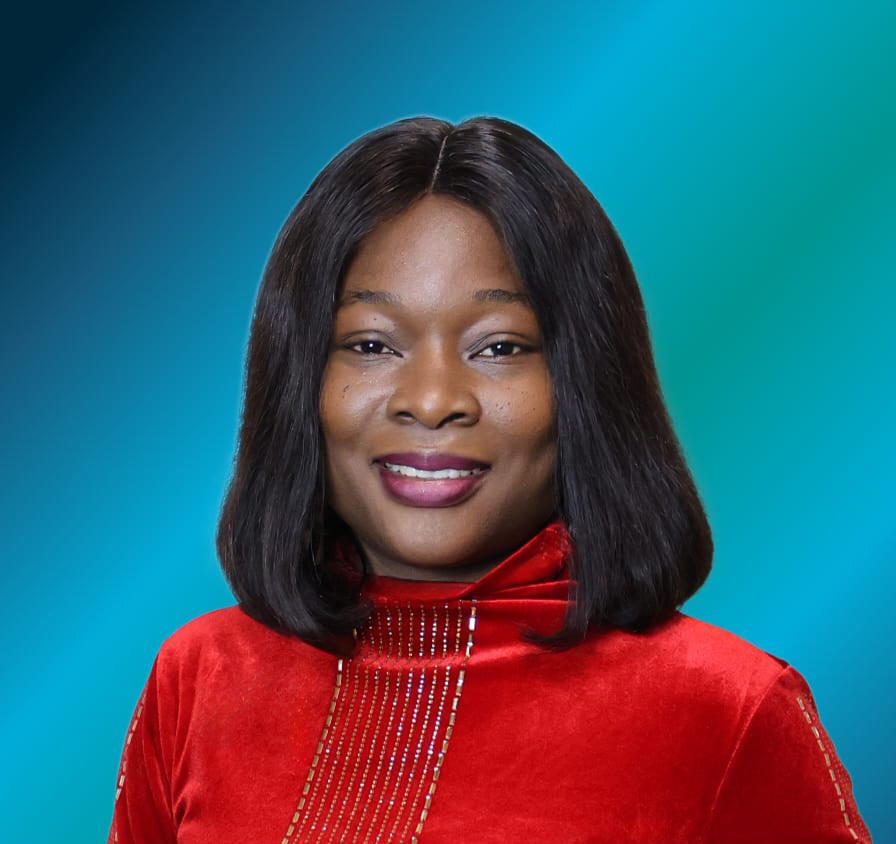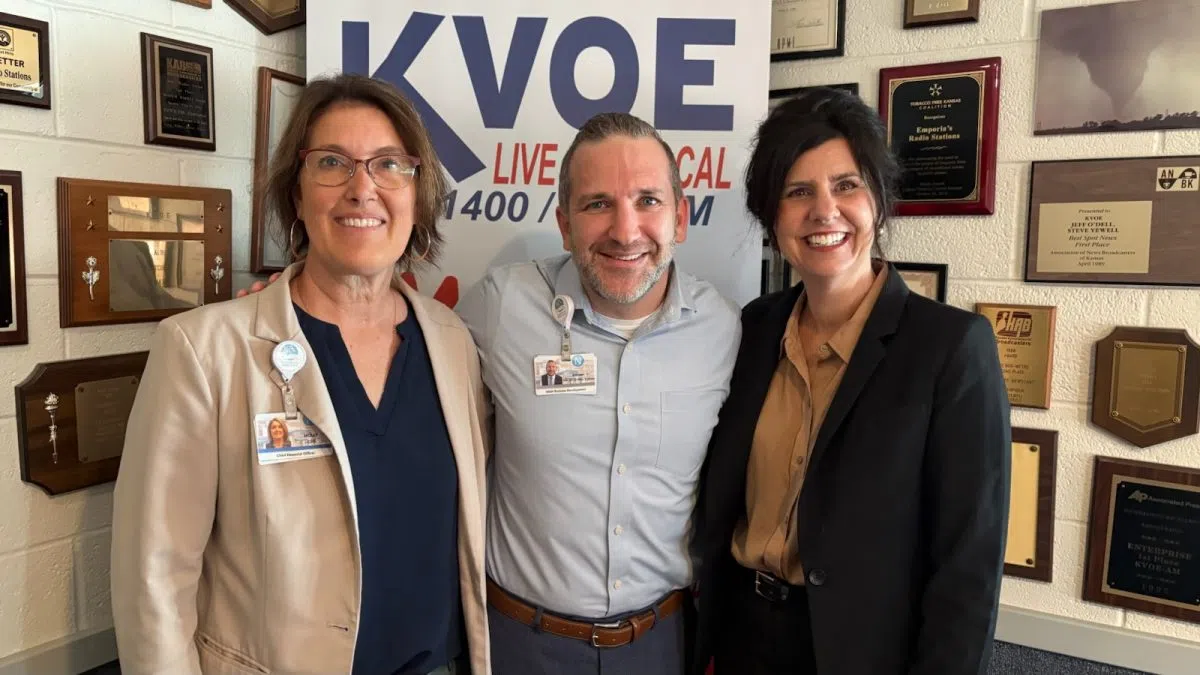Silent Crisis: Nigerian Teens Face Deadly Rise in Unsafe Abortions – What’s Being Done?

Lagos, Nigeria – A silent epidemic is sweeping through Nigeria, disproportionately affecting adolescent girls and young women. While often overlooked in national discussions, the reproductive health crisis, specifically the alarming rise in unsafe abortions, is claiming lives and causing irreversible damage. According to recent estimates, a staggering 610,000 unsafe abortions occur annually in Nigeria, with a significant portion involving adolescents.
This isn't just a statistic; it represents countless young lives cut short, families shattered, and a nation burdened by preventable tragedy. The reasons behind this crisis are complex, rooted in poverty, lack of access to comprehensive sexual and reproductive health education, cultural stigma surrounding contraception and abortion, and limited access to quality healthcare services. Many young women find themselves facing unintended pregnancies due to a lack of awareness about family planning options or fear of societal judgment.
The Devastating Consequences
Unsafe abortions are not only life-threatening but also carry severe health consequences. Complications like hemorrhage, infection, and sepsis are common, often leading to long-term infertility and even death. The psychological impact on survivors is equally profound, with many experiencing trauma, depression, and anxiety.
Why the Silence?
The silence surrounding this issue is deeply concerning. Cultural taboos, religious beliefs, and legal restrictions contribute to the lack of open discussion and hinder efforts to address the problem effectively. The legal framework surrounding abortion in Nigeria is complex and restrictive, further limiting access to safe and legal abortion services for those who need them.
What Needs to Be Done?
Breaking the silence and addressing this crisis requires a multi-faceted approach:
- Comprehensive Sexual and Reproductive Health Education: Providing accurate and age-appropriate information to adolescents is crucial. This includes education on contraception, safe sex practices, and the risks associated with unsafe abortions.
- Increased Access to Contraception: Making contraceptives readily available and affordable is essential for preventing unintended pregnancies.
- Strengthening Healthcare Systems: Investing in healthcare infrastructure and training healthcare providers to provide safe and compassionate reproductive health services is paramount.
- Decriminalization and Legal Reform: Reviewing and reforming the legal framework surrounding abortion to ensure access to safe and legal services for those who need them, while upholding ethical considerations.
- Community Engagement: Engaging with community leaders, religious organizations, and traditional healers to address cultural barriers and promote open dialogue.
A Call to Action
The reproductive health crisis facing Nigerian adolescents is a critical issue that demands urgent attention. It’s time to break the silence, challenge the stigma, and invest in solutions that protect the lives and well-being of young women. This requires a collaborative effort from government, healthcare providers, civil society organizations, and communities to ensure that every young person has access to the information, services, and support they need to make informed decisions about their reproductive health.
The future of Nigeria depends on the health and well-being of its young people. Let's work together to create a nation where every adolescent can thrive, free from the devastating consequences of unsafe abortions.

:max_bytes(150000):strip_icc()/faw-tk-plastic-tools-id-never-buy-tout-b424069337c04ffda6c86da14776f6c9.jpg)




